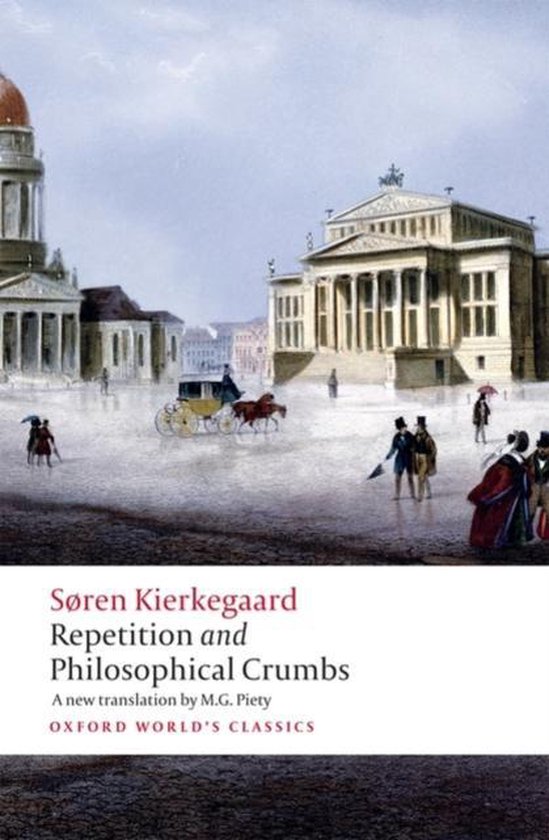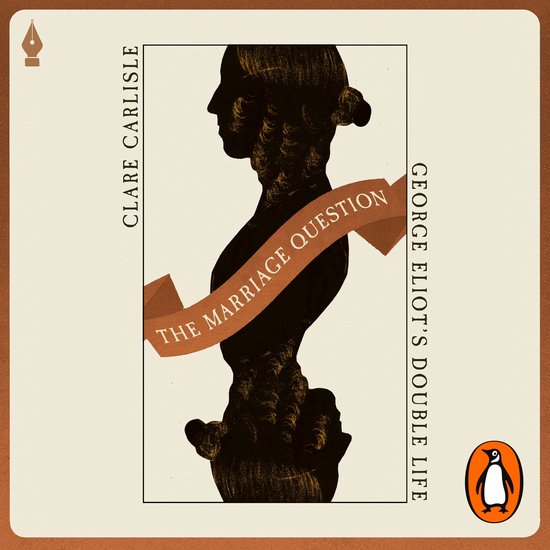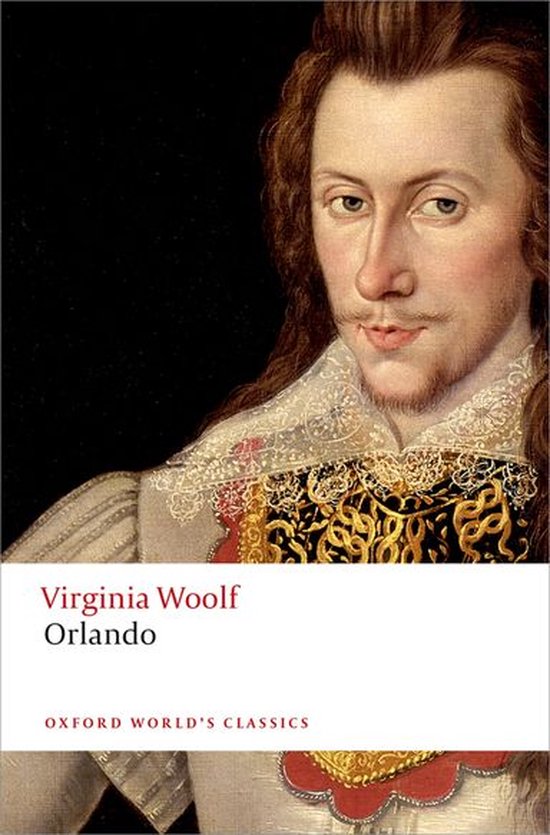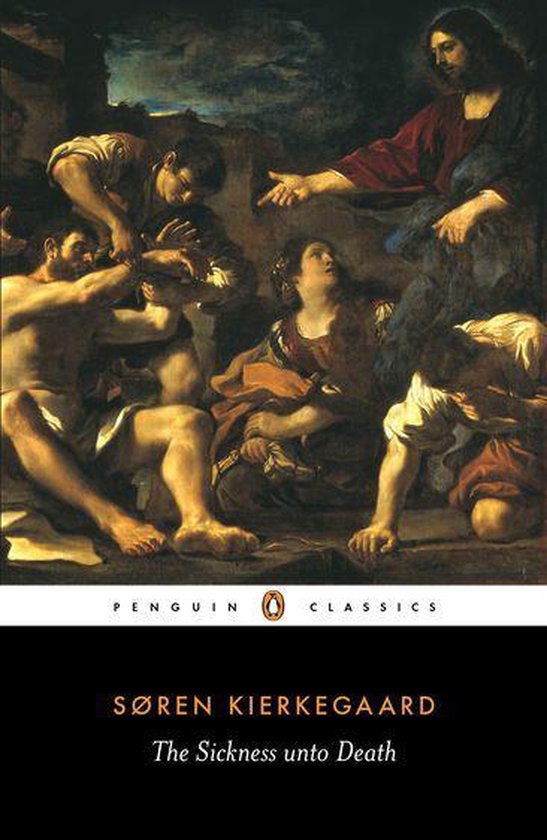
Repetition & Philosophical Crumbs
These two complementary works give the reader a unique insight into the breadth and substance of Kierkegaard's thought. One reads like a novel and the other a Platonic dialogue but both concern the nature of love, faith, and happiness. These are the first translations to convey the literary quality and philosophical precision of the originals.
'The love of repetition is in truth the only happy love' So says Constantine Constantius on the first page of Kierkegaard's Repetition. Life itself, according to Kierkegaard's pseudonymous narrator, is a repetition, and in the course of this witty, playful work Constantius explores the nature of love and happiness, the passing of time and the importance of moving forward (and backward). The ironically entitled Philosophical Crumbs pursues the investigation of faith and love and their tense relationship with reason. Written only a year apart, these two works complement each other and give the reader a unique insight into the breadth and substance of Kierkegaard's thought. The first reads like a novel and the second like a Platonic dialogue, but both engage, in different ways, the same challenging issues. These are the first translations to convey the literary quality and philosophical precision of the originals. They were not intended, however, for philosophers, but for anyone who feels drawn to the question of the ultimate truth of human existence and the source of human happiness. ABOUT THE SERIES: For over 100 years Oxford World's Classics has made available the widest range of literature from around the globe. Each affordable volume reflects Oxford's commitment to scholarship, providing the most accurate text plus a wealth of other valuable features, including expert introductions by leading authorities, helpful notes to clarify the text, up-to-date bibliographies for further study, and much more.
'The love of repetition is in truth the only happy love' So says Constantine Constantius on the first page of Kierkegaard's Repetition. Life itself, according to Kierkegaard's pseudonymous narrator, is a repetition, and in the course of this witty, playful work Constantius explores the nature of love and happiness, the passing of time and the importance of moving forward (and backward). The ironically entitled Philosophical Crumbs pursues the investigation of faith and love and their tense relationship with reason. Written only a year apart, these two works complement each other and give the reader a unique insight into the breadth and substance of Kierkegaard's thought. The first reads like a novel and the second like a Platonic dialogue, but both engage, in different ways, the same challenging issues. These are the first translations to convey the literary quality and philosophical precision of the originals. They were not intended, however, for philosophers, but for anyone who feels drawn to the question of the ultimate truth of human existence and the source of human happiness. ABOUT THE SERIES: For over 100 years Oxford World's Classics has made available the widest range of literature from around the globe. Each affordable volume reflects Oxford's commitment to scholarship, providing the most accurate text plus a wealth of other valuable features, including expert introductions by leading authorities, helpful notes to clarify the text, up-to-date bibliographies for further study, and much more.
| Auteur | | Soren Kierkegaard |
| Taal | | Engels |
| Type | | Paperback |
| Categorie | | Religie, Spiritualiteit & Filosofie |




